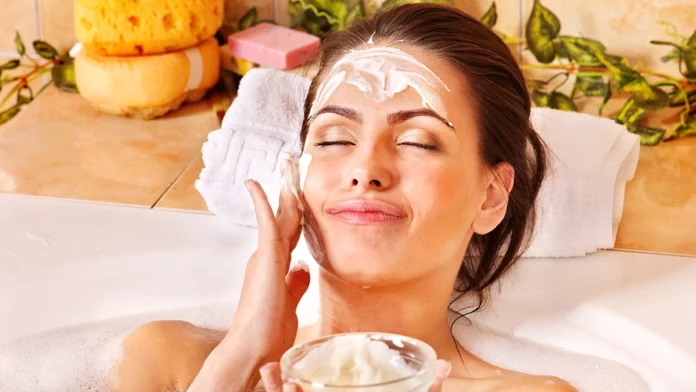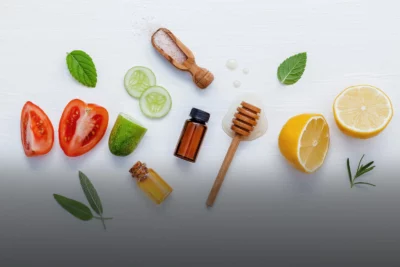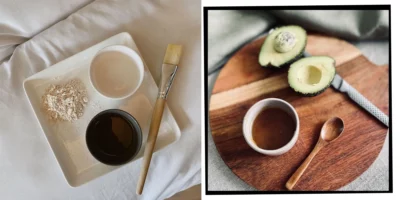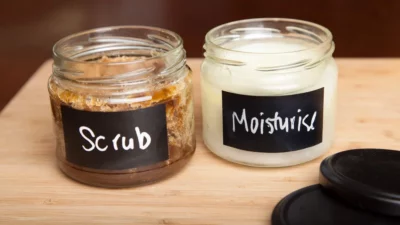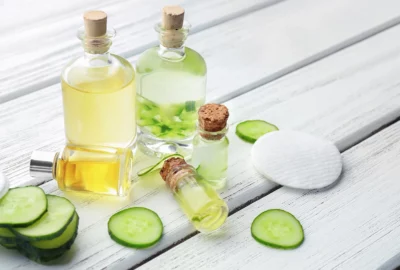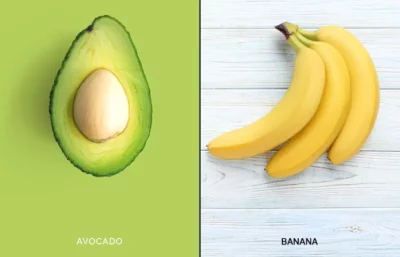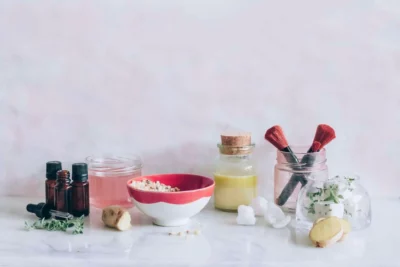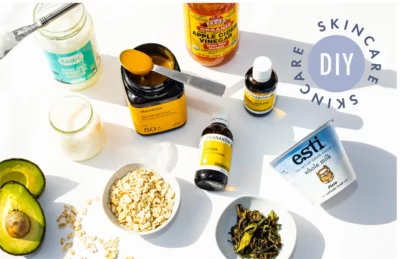In today’s fast-paced world, it’s unsurprising that many individuals are turning to natural beauty remedies for their skincare needs. While many commercial products are available, some people prefer a more hands-on approach by creating their skincare concoctions using ingredients readily found at home.
DIY skincare offers a range of benefits, including cost-effectiveness, control over ingredients, and the satisfaction of knowing what you’re putting on your skin. In this blog, we will explore the world of natural beauty remedies and share some easy DIY skincare recipes you can try at home.
The Power of Natural Ingredients
When it comes to skincare, natural ingredients offer a multitude of benefits. Unlike commercial products that often contain synthetic chemicals, natural remedies harness the power of nature to nourish and heal the skin. Here are some reasons why natural ingredients are worth exploring for your skincare needs:
Gentle and Nourishing
Natural ingredients are generally milder and less likely to cause irritation or adverse reactions than harsh chemicals in some commercial products. They can provide gentle care while nourishing and rejuvenating the skin.
Nutrient-rich
Many natural ingredients contain essential vitamins, minerals, and antioxidants that benefit the skin. For example, aloe vera is rich in vitamins A, C, and E and has moisturising and soothing properties. Coconut oil is an excellent source of hydration, and its antibacterial properties can help with acne-prone skin.
Environmentally Friendly
By using natural ingredients, you contribute to a more sustainable and eco-friendly approach to skincare. You reduce plastic packaging consumption and minimise the release of harmful chemicals into the environment.
DIY Skincare Recipes
One of the most significant advantages of DIY skincare is that you can tailor the recipes to suit your specific needs and preferences. Here are a few simple and practical DIY skincare recipes that you can try at home:
Honey and Oatmeal Face Mask
Honey is a natural humectant that locks in moisture, while oatmeal gently exfoliates the skin. This mask and yogurt can provide hydration and soothe sensitive or dry skin.
Coffee Scrub
Coffee grounds act as a natural exfoliant, removing dead skin cells and making skin smooth. This scrub, mixed with coconut oil and brown sugar cane, invigorates your skin and helps reduce the appearance of cellulite.
Green Tea Toner
Green tea is known for its antioxidant properties and can help tone and refresh the skin. Adding witch hazel to the toner can provide additional astringent benefits.
Avocado and Banana Hair Mask
Avocado is rich in healthy fats that can deeply moisturise the hair, while banana helps strengthen and nourish it. Olive oil adds extra conditioning properties, leaving your hair soft and manageable.
Precautions and Considerations
While DIY skincare can be enjoyable and effective, it’s essential to keep a few precautions in mind:
Patch Test
Before applying any DIY remedy to your face or body, perform a patch test on a small area of your skin to check for allergic reactions or sensitivities.
Quality of Ingredients
Ensure that you use fresh and high-quality ingredients for optimal results. Check for any signs of spoilage or expiration dates.
Allergies
Be aware of any allergies you may have to specific natural ingredients. If you have known allergies or sensitivities, avoiding those ingredients in your DIY skincare recipes is best.
Consistency
Natural remedies may take time to show results, so consistency is critical. Incorporate these remedies into your skincare routine and give them time to work before expecting immediate changes.
Everyone’s skin is unique, so what works for one person may not work the same way for another. It’s essential to listen to your skin, observe how it reacts to different ingredients, and adjust your DIY skincare routine accordingly.
Cost-Effectiveness
DIY skincare can be a cost-effective alternative to commercial products. Natural ingredients used in DIY recipes are often more affordable and readily available. By creating your skincare products, you can save money in the long run without compromising quality.
Customisation and Control
With DIY skincare, you can customise your products according to your skin’s unique needs. You can adjust the ingredients, concentrations, and formulations to address concerns such as dryness, acne, or dullness. This level of control allows you to tailor your skincare routine to achieve optimal results.
Educational and Empowering
Engaging in DIY skincare provides an opportunity to learn about the properties and benefits of various natural ingredients. It can be an educational journey where you discover what works best for your skin and develop a deeper understanding of skincare. DIY skincare also empowers you to take charge of your beauty routine and make informed product choices.
Conclusion
Exploring natural beauty remedies through DIY skincare at home is a beautiful way to embrace the power of nature and take control of your skincare routine. By using natural ingredients, you can provide gentle care, nourishment, and rejuvenation to your skin while minimising exposure to harsh chemicals.
With various DIY skincare recipes available, you can customise your routine to address specific concerns and enjoy the benefits of a more natural and sustainable approach to beauty. So, indulge in some self-care, and unlock the secrets of natural beauty remedies right in the comfort of your own home.





